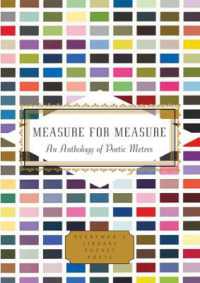- ホーム
- > 洋書
- > 英文書
- > History / World
Full Description
Through the India-China Border mobilizes rarely used documentary material from British, Chinese and Indian archives to shed new light on our understanding of the 'Tibet Question' in China-India relations. Focused on the Himalayan border town of Kalimpong from the 1920s to 1962, it unearths a history of espionage and political intrigue that challenges the way that remote peripheries are seen from the 'centres' of nations. The innovative use of postcolonial and transcultural theory demonstrates how a multidisciplinary framework augments our reading of imperial histories, postwar politics, decolonisation and frontier cultures. Kalimpong emerges from this analysis as a key node in Himalayan history and in the mid-century fashioning of India-China relations.
Contents
Preface; Acknowledgments; Glossary; 1. Introduction: Kalimpong as Interface - Post/colonial and Transcultural; 2. Kalimpong as Metonym: India-China Correlation; 3. Chinese (and Tibetan) Certification in Himalayan India: Foreigner Registration Files 1940s-1960s; 4. Espionage, Intrigues and Politics: Kalimpong Chung Hwa School as International Playhouse; 5. Shangri-la (Gyalthang) to Kalimpong: The Road of Trade, Transculture and Conflict; 6. Inconclusion: Not The Last Word; Bibliography; Index.







